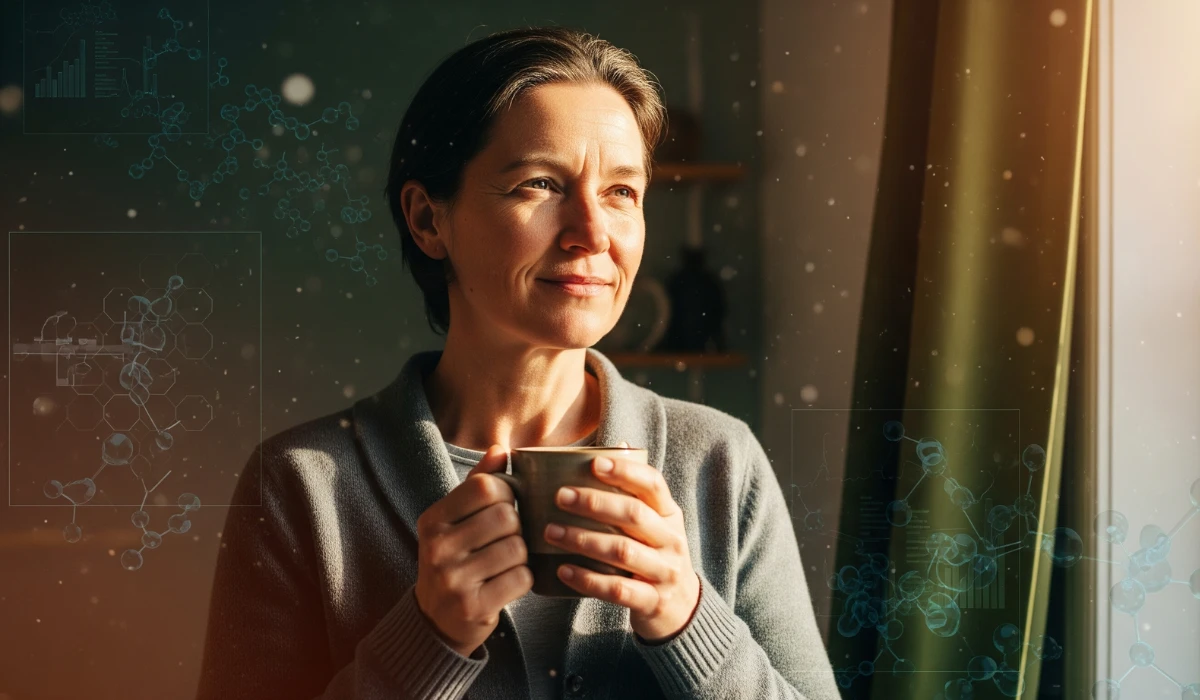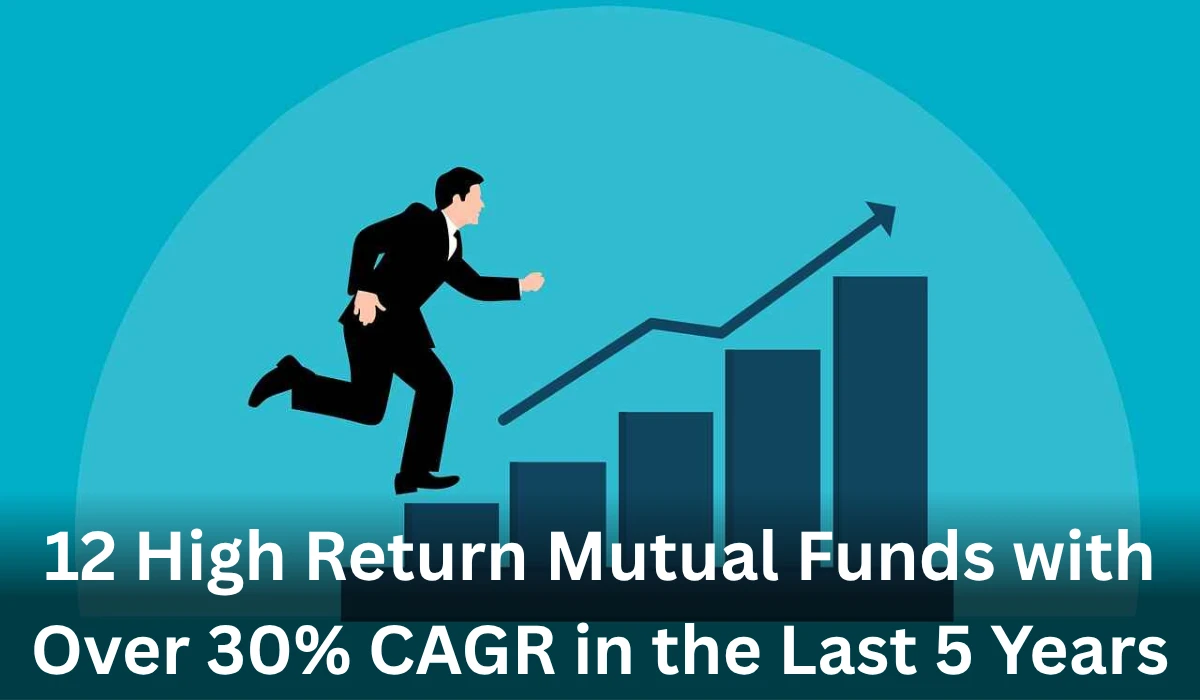The Science Behind Aging’s Big Shift
So, what’s going on at 50? According to a study from the Chinese Academy of Sciences, your body starts changing fast around this age. It’s not just about a few more wrinkles or gray hairs big stuff happens inside, especially to your blood vessels, organs, and the proteins that keep everything running.
They looked at tissue samples from 76 people (aged 14 to 68) who’d passed away from head injuries. These samples came from organs like the heart, liver, muscles, skin, and even blood. What they found was wild.
After about age 45 to 55, your body cranks up the production of 48 proteins linked to some not-so-fun stuff: heart problems, fatty liver, fibrosis (scar tissue buildup), and even cancer risks.
The biggest changes showed up in the aorta the main blood vessel that carries blood from your heart to the rest of your body. The pancreas and spleen also take a hit, showing steady changes as the years pile on. It’s like your body’s saying, “Alright, time to switch gears.”
Not All Aging Is the Same
Here’s the kicker: not every part of your body ages at the same pace. Your skin might be holding up fine while your heart’s working overtime to keep up. Earlier studies pointed to big aging shifts around 44 and 60, but this new research zooms in on the 50-ish mark as a key turning point.
It’s not a one-size-fits-all deal different organs hit their “aging stride” at different times. That’s why you might feel great in some ways but notice other things (like stamina or recovery time) starting to slip.
Why This Matters
Okay, so why should we care about this? Well, for one, it’s kind of fascinating to know what’s happening under the hood as we get older. But more importantly, this research could lead to real-world solutions.
Scientists are now building a database of how proteins shift around age 50, which could help figure out why some organs age faster than others. Imagine medicines or treatments that slow down those changes ones that keep your heart or liver acting younger for longer. That’s the dream, right?
Some changes, like protein imbalances, happen across all organs, while others are specific to certain ones (like that aorta getting stiff). Understanding these patterns could mean better ways to prevent age-related diseases, from heart issues to cancer. It’s not about stopping aging altogether who wants to live forever, anyway? but about making those later years healthier and more vibrant.
My Take on Turning 50 (Or Getting Close)
I’m not quite 50 yet, but this research has me thinking. My dad hit 50 a while back, and I remember him joking about how he suddenly needed a nap after mowing the lawn. At the time, I laughed it off, but now I’m like,
“Wait, is this what’s coming for me?” It’s a little scary, sure, but it’s also a wake-up call. Maybe it’s time to double down on those walks, eat a few more veggies, or finally figure out what “mindfulness” actually means. If my body’s about to shift gears, I want to be ready.
What Can We Do About It?
The study doesn’t spell out how to stop aging (spoiler: you can’t), but it does hint at hope. If we know 50 is when things speed up, we can focus on habits that support our bodies.
Stuff like keeping your heart healthy with exercise, watching your diet to avoid fatty liver, or even just staying on top of doctor visits. I’m no health guru my idea of a workout is chasing my dog around the yard but I’m starting to see why those little choices add up.
What about you? Have you noticed changes as you’ve gotten older, or are you bracing for that 50 mark? Drop your thoughts below I’d love to hear how you’re navigating this whole aging thing. And who knows, maybe science will have some anti-aging tricks up its sleeve by the time we get there.














